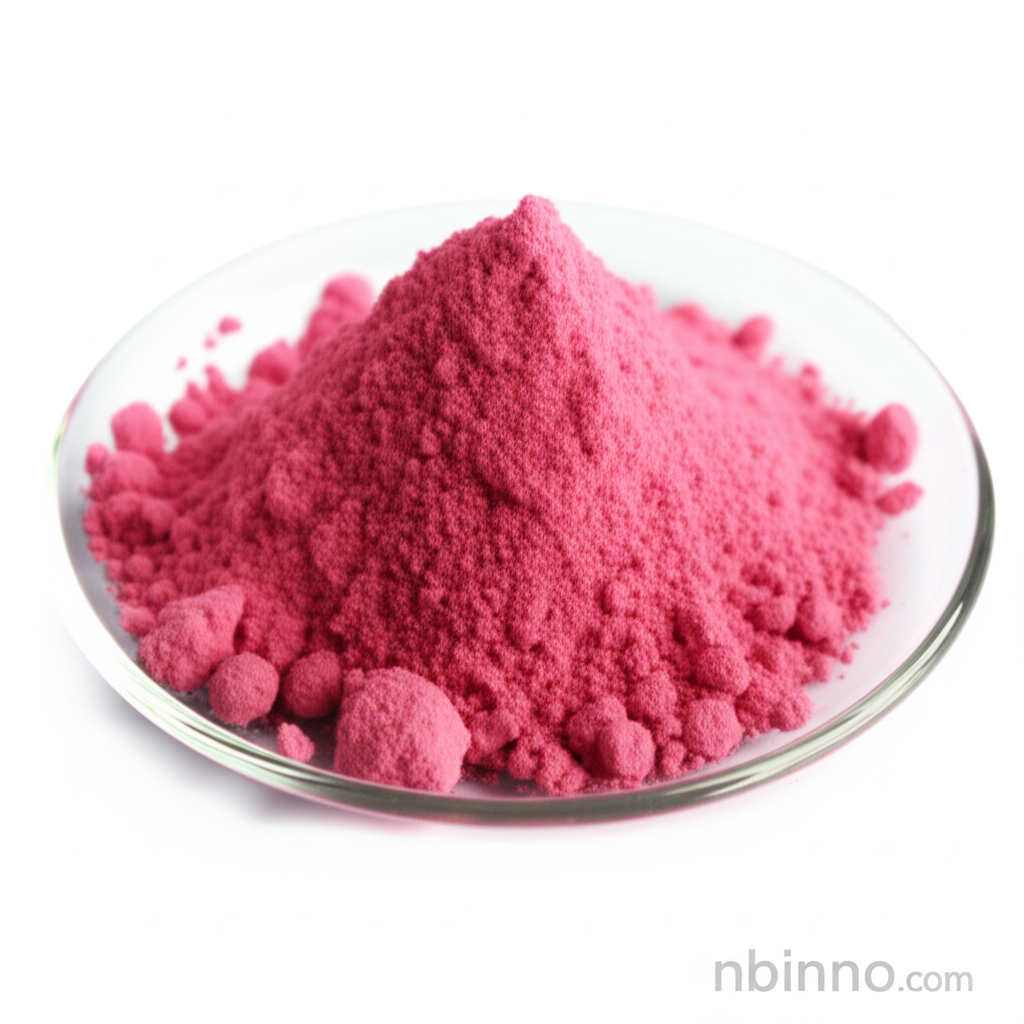High-Performance Polymerization Inhibitor: Tris(1-hydroxy-2,2,6,6-tetramethylpiperidin-4-yl) Phosphite for Enhanced Polymer Stability
Discover the leading solution for preventing unwanted polymerization and degradation in your polymer materials. As a premier manufacturer and supplier of Tris(1-hydroxy-2,2,6,6-tetramethylpiperidin-4-yl) Phosphite (CAS 2122-49-8) in China, we provide high-purity, cost-effective products to meet global industrial demands. Secure your supply and enhance product longevity.
Get a Quote & SampleThe Ultimate Polymer Stabilization Solution

Tris(1-hydroxy-2,2,6,6-tetramethylpiperidin-4-yl) Phosphite
As a trusted supplier in China, we offer Tris(1-hydroxy-2,2,6,6-tetramethylpiperidin-4-yl) Phosphite (CAS 2122-49-8), a crucial chemical intermediate renowned for its exceptional performance as a polymerization inhibitor and stabilizer. Our commitment to quality ensures that you receive products of the highest purity, backed by efficient logistics and responsive customer service. Partner with us for your bulk chemical sourcing needs.
- Exceptional Polymerization Inhibition: Effectively prevents premature polymerization of monomers like olefins, acrylonitrile, and styrene, crucial for manufacturers seeking stable intermediates.
- Enhanced Polymer Longevity: Acts as a potent stabilizer, inhibiting oxidation and decomposition reactions during polymer processing, storage, and usage, a key concern for R&D scientists.
- Broad Application Spectrum: Ideal for use in plastics, rubber, and fiber industries, addressing the needs of product formulators seeking reliable performance additives.
- Competitive Supplier Pricing: As a direct manufacturer and supplier from China, we offer competitive pricing for bulk purchases, supporting cost-effective procurement for purchasing managers.
Key Advantages of Our Polymerization Inhibitor
Superior Radical Scavenging
Our Tris(1-hydroxy-2,2,6,6-tetramethylpiperidin-4-yl) Phosphite offers excellent radical scavenging capabilities, crucial for halting uncontrolled chain reactions and ensuring the integrity of monomers and polymers, which is a core requirement for R&D scientists.
High Thermal Stability
Designed for demanding industrial applications, this inhibitor exhibits high thermal stability, making it suitable for high-temperature processing environments. This ensures consistent performance for product formulators working with challenging synthesis conditions.
Excellent Solvent Compatibility
With good solubility in various organic solvents, our chemical intermediate can be easily integrated into diverse formulations, providing flexibility for manufacturers and a wider application range for purchasing managers.
Diverse Applications in the Chemical Industry
Monomer Stabilization
Essential for stabilizing monomers such as olefins, acrylonitrile, and styrene during production and storage, ensuring they remain free-flowing and ready for polymerization. This is critical for efficient manufacturing processes.
Unsaturated Polyester Resins
Used in the formulation of unsaturated polyester resins, aiding in maintaining consistent molecular weight and minimizing unwanted byproducts, thereby improving the quality of final fiberglass-reinforced plastics.
Polyurethane Production
Helps prevent premature polymerization of isocyanates in polyurethane manufacturing, contributing to improved foam stability and reduced defects in the final products.
General Polymer Processing
Acts as a general stabilizer for various polymer materials, protecting them from degradation and extending their usability, a key benefit sought by procurement professionals looking for long-term supply solutions.
